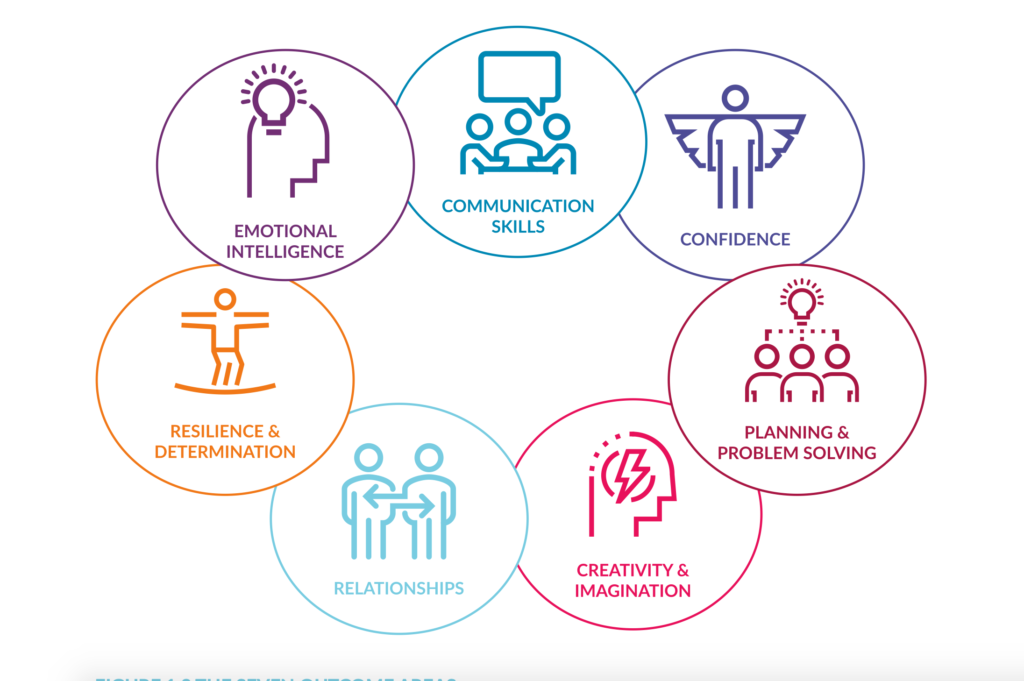CABRA for Youth Clg is a community based independent youth project founded in 2008 working directly with young people aged 10-24 years living in the greater Cabra area. We offer young people in Cabra a fun, safe and supportive environment within which they can voluntarily engage in programmes and activities based on their needs and interests. Our priority at Cabra for Youth is to promote and encourage the active participation of young people from the Greater Cabra Area who are deemed to be at risk, vulnerable, and/or marginalised within our community.
Cabra for Youth and the Youth Work Team is managed by a voluntary Board of Management. The team has three Youth Workers, , Gary Crawford (2010-Present) and Katie Kearney (2022 – Present) and is led by the Project Leader Mary Carroll ( 20210- Present). The Youth Work Team is funded through the Department of Children and Youth Affairs under the UBU Your Space Your Place Funding Stream, with funds administered via CDETB and CDYSB.
In line with the substantial and growing evidence that developing social and emotional capabilities supports the achievement of positive life outcomes (including educational attainment, employment and health), the UBU Your Place Your Space scheme recognises this theory of change. The VFMPR additionally states: “Capabilities such as resilience, communication, and negotiation are also increasingly cited as being the foundations of employability. Evidence shows that approaches that focus on building social and emotional capabilities such as these can have greater long-term impact than ones that focus on directly seeking to reduce the “symptoms” of poor outcomes for young people”.3 Listed below are the seven outcomes, as identified in the VFMPR (2014), which, on the balance of evidence, should deliver improvements across the range of needs domains covered by theUBU Your Place Your Space scheme
Previous
Next
Alongside resilience, provides young people with a “positive protective armour” against negative outcomes associated with risky life events. Problemsolving has also been shown to be associated with the ability to cope with stresses in life.
An effective mechanism for getting young people involved in positive activities through valued personal relationships with peers, adults or siblings. A beneficial change in young people’s relationships with other adults through their participation in positive activities can be transferred to academic learning and may lead to better outcomes.
Previous
Next
Previous
Next
Essential for a successful transition to work or training, for independence, and to access a range of life opportunities, to attainment, in forming positive relationships and in reductions in re-offending.
If society intervenes early enough, it can improve cognitive and socio-economic abilities and the health of disadvantaged children. Effective early interventions can promote schooling, reduce crime, foster workforce productivity and reduce teenage pregnancy. Self-discipline has been highlighted as a vital factor in building academic achievement, significantly better than intelligence quotient (IQ).
Previous
Next
Related to resilience and wellbeing. Creativity can have a positive impact on both self-esteem and overall achievement.
Associated with the ability to manage feelings by knowing one’s own emotions, as well as recognising and understanding other people’s emotions. This is vital in managing relationships (e.g. managing the emotions of others).
Previous
Next
Previous
Next
Enable young people to recognise that they can make a difference to their own lives and that effort has a purpose, and is important to key outcomes such as career success. There is evidence of a link between positive outcomes and self-confidence.

Our work has quickly adjusted in recent times to meet the needs, in supporting young people within the community. We have adapted to ensure we can target those most at need especially in these uncertain times of Covid-19.
Cabra for Youth engages with young people through non formal youth work processes, including but not limited to; Targeted small group work, Large Group Work, One to One support, Outreach, Large group events, Weekend/Holiday provisions, Residentials and Advocacy.
Programmes facilitated by the Youth Work team aim to be youth-led and focused on the needs and interests of young people. Examples of programmes include.
Youth Worker Joined us in 2022
Click Here
Youth Worker Joined us in 2010
Click Here
Youth Worker Joined us in
Click Here
Previous
Next